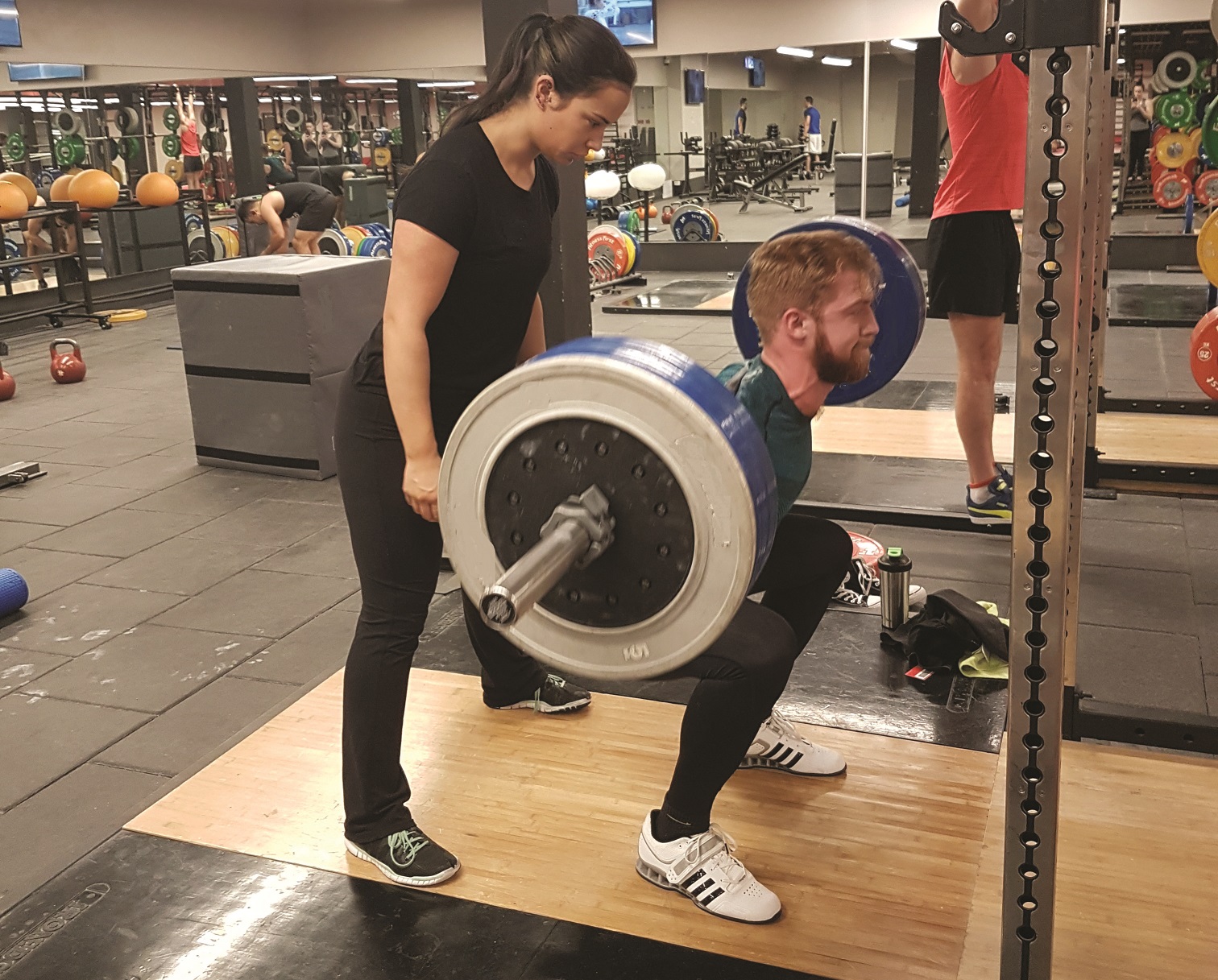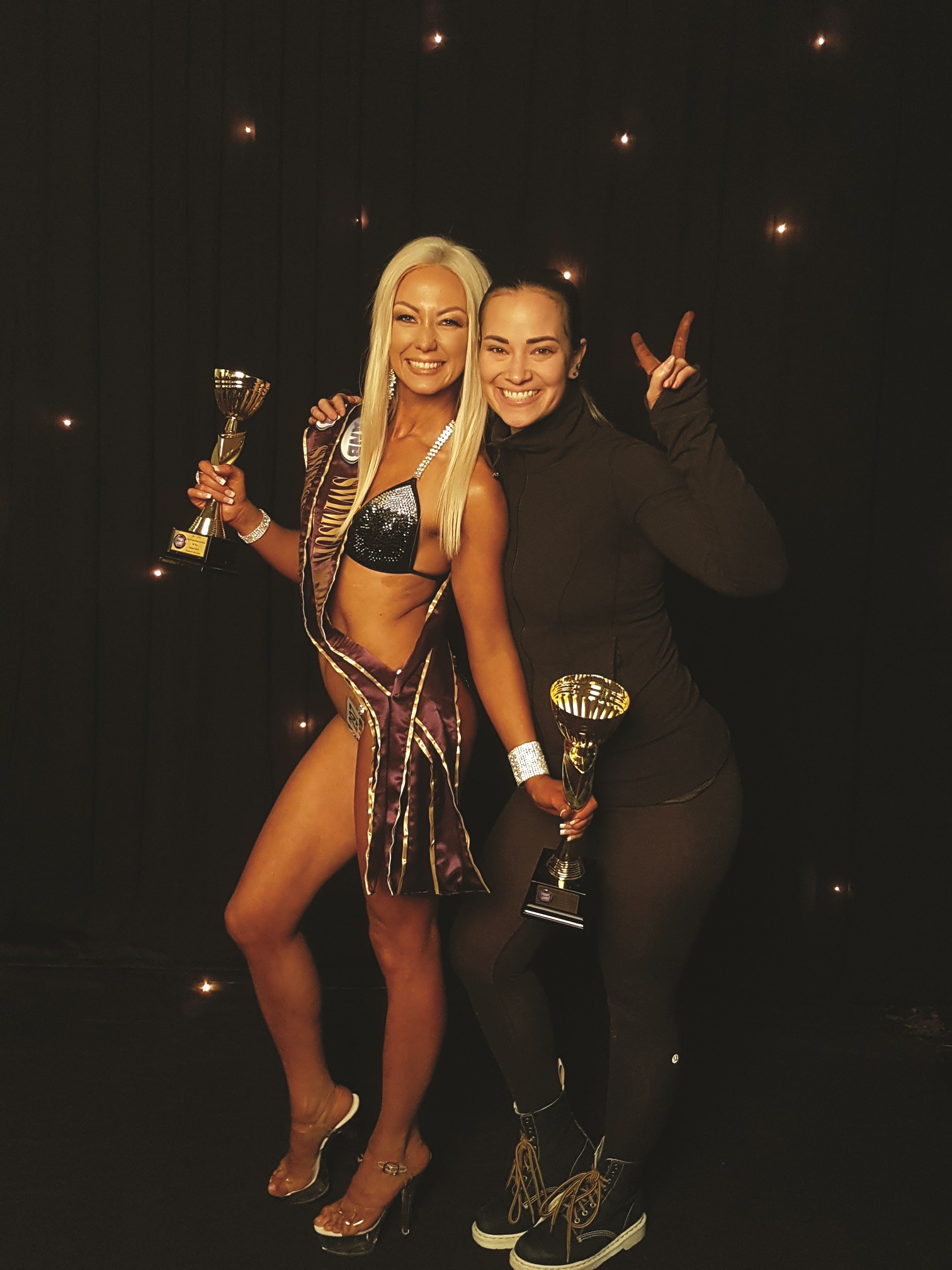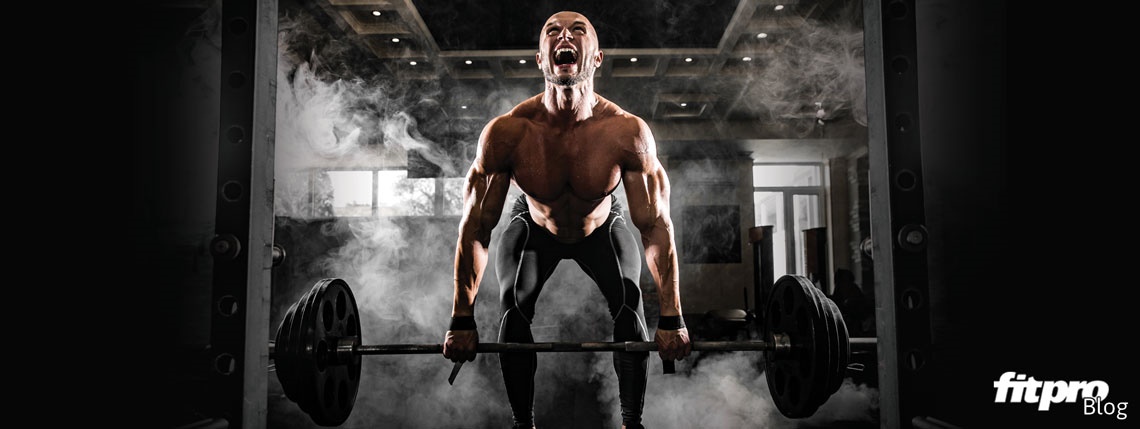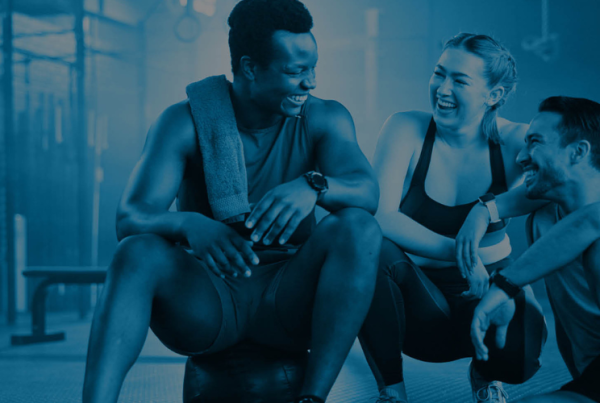Many factors need to be taken into consideration when assessing a client’s suitability for a bodybuilding competition or powerlifting meet – as well as your suitability for training them, as Susy Natal reports.
Bodybuilder or powerlifter?
Every client we train differs from the last. Not only do they come in all ages, shapes and sizes, clients also have differing goals and preferred styles of training. Importantly, they also vary in how much they are willing to push themselves. It’s nothing new to have a client who chooses to tackle a large event as a personal challenge – a fun run, a half or even a full marathon are fairly common choices. However, in recent years, two new trends have emerged among members of the general population who are striving to push to the next level: the desire to step on stage in a bodybuilding competition, or to enter in a powerlifting meet.
To the outsider, both disciplines appear to have many similarities – both require dedication to a large amount of weight training, and an athlete’s physique will experience extreme stimuli and so undergo rapid changes, but the end goal and judging criteria differs by being judged on looks vs performance. Bodybuilding competitions judge physiques based on the contestants’ ability to gain muscle and shed body fat to present varying lean and athletic looks, depending upon category requirement. Other factors that are judged include symmetry, posing, and general presentation at the competition. Powerlifting, on the other hand, is strictly about the ability to lift the heaviest weight in the squat, bench press and deadlift on the day of competition – there is no judgement on the aesthetic. Just like running further or faster, the capacity to get strong or to build muscle and ‘lean out’ are skills that accommodate for the adult beginner. Unlike many other sports, bodybuilding and powerlifting do not require training from youth in order to be competitive, and are also open to all skill levels, instead of having a minimum entry standard. While this means that anybody can enter, it doesn’t necessarily mean that everybody who wants to should. Many factors need to be taken into consideration when assessing a client’s suitability for a competition or a meet – as well as your suitability for training them.
Are you ready to train your client?
Ideally you will be a competitor or ex-competitor in the sport that you are going to coach in, or at least have extensive experience training in the way that your would-be athlete will need. Both bodybuilding and powerlifting have various federations that host competitions, so you will need to know which is best suited for your client, and understand the specific rules and regulations for that particular federation. Bodybuilding requires rigorous dieting, and powerlifting requires lifters to weigh into specific bodyweight categories, so you should have some form of nutrition qualification, or work closely with somebody who does.
You must be able to advise your client on the different stages of preparation, what to expect on the day, and what attire and equipment is needed. You will also need to be there on the day to pump them up for the stage in bodybuilding, or to serve as handler and help choose weights for their lifting attempts for powerlifting. If this does not sound familiar to you, then you are not prepared to coach for these sports at the moment and need further training and experience.
Your next step is to attend strength and powerlifting coaching courses or competition prep courses. If you really want to understand a sport you intend to coach inside and out, then you should put yourself through the process first. If you have a client who is interested in working with you, then they need to understand that you require the foundation first. If, however, your client is prepared and wants to begin working towards their goal straight away, then do not just try to figure it out along the way! Both sports have their risks, and to coach without knowledge is negligent and dangerous. In this situation, you must refer the client on to a more qualified trainer in this area.
Is your client ready to be trained?
If you are adequately qualified and experienced, then the final step before saying yes to a client is to ensure that this is a safe and appropriate move towards health and wellness for the individual. A beginner should be kept on generalised programmes to ensure sufficient and balanced strength throughout the body, healthy muscle mass and body fat levels, and adequate cardiovascular health and endurance. Clients who are reaching intermediate to advanced levels of training will then have sufficient training capacity and experience to be considered as potential athletes. There are no absolute rules about approving a client’s suitability to compete in powerlifting or bodybuilding, so you will need to use your personal knowledge about your client to make an informed decision that is in their best interest.
Red flags

Here are some red flags to look for when deciding whether your client is suitable to compete:
- If your client has a current or past injury that has not fully recovered, then both sports, but particularly powerlifting, could cause further damage
- If your client has a current, or a history of, eating disorders, then bodybuilding has the potential to trigger a relapse through extreme dieting and fixation upon physical appearance
- If your client has severe body image or confidence issues and is interested in bodybuilding, training for a competition could help by achieving a desired look; on the flipside, however, the judging and ranking nature of the sport could instead have adverse effects on self-esteem
- If your client cannot perform the big three lifts with precise form then there is a lot of work to do towards the basics before a powerlifting meet can realistically be worked towards
- If your client is, or has a history of being, obese or very overweight, then insulin resistance or other metabolic complications may have led to difficulty with losing much more weight; in this instance, you may be setting your client up for failure if you approve working towards a bodybuilding competition
- If your client is very time-poor and struggles to attend all training sessions assigned each week, then their lifestyle is not suitable for living like an athlete; without the required training, a satisfactory performance in competition is unachievable
Note that some of these red flags do not necessarily mean that you should deny your client the right to compete, rather they indicate that you need to have an in-depth conversation with your client. You need to ensure that they have considered their all-round health and well-being, and you need to collect all of the necessary information to decide together whether competing in powerlifting or bodybuilding is appropriate.
If your client is adamant about competing, but you think that this is an unsafe or unethical decision, you will need to stand your ground, even if it means you risk losing the client. It is more important to do what is right by the safety of your client than to hold on to business. This protects your professional integrity and demonstrates to your client that their safety is of paramount importance, which in the long run is a great attribute to offer to individuals and to the industry as a whole.
If there are no red flags, or if you are able to have a conversation about any potential risks and arrive at the conclusion that competing is the right decision for your client, then it’s time to get to work!
This may mean that your client has some extra homework to do, or may require a long preparation phase in order to minimise risks. Depending upon the individual, make a decision on what (if any) initial changes or extra work needs to be put into place to ensure that your client is able to achieve their goal safely and in a way that maximises both their competitive edge and enjoyment of becoming an athlete.
30 Second Article

Author of the article, Susy Natal coaches her clients to success in powerbuilding and powerlifting.
- Bodybuilding and powerlifting have become increasingly popular goals for ‘regular’ clients in recent years
- Unlike many other sports, bodybuilding and powerlifting do not require training from youth in order to be competitive, and are open to all skill levels
- Ideally you will be a competitor or ex-competitor in the sport that you are going to coach in, or at least have extensive experience training in the necessary disciplines
- You should consider a number of factors specific to your client before advising them whether you feel they are suited to the sport, and whether you feel comfortable training them
About the author
Susy Natal is a Sydney-based performance coach, wellness writer and personal trainer with a background in psychology. She works with a varied clientele, from beginners through to competing athletes across multiple sports.







